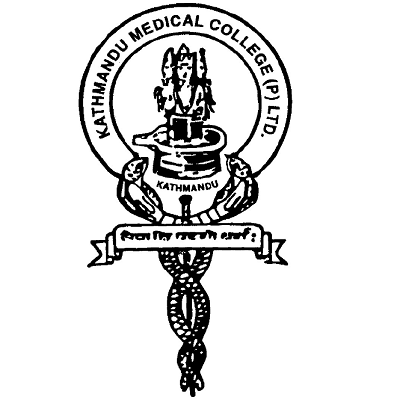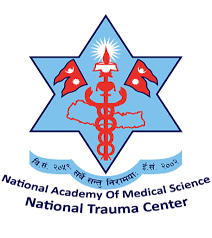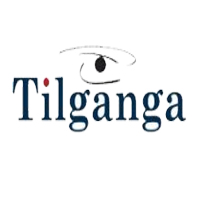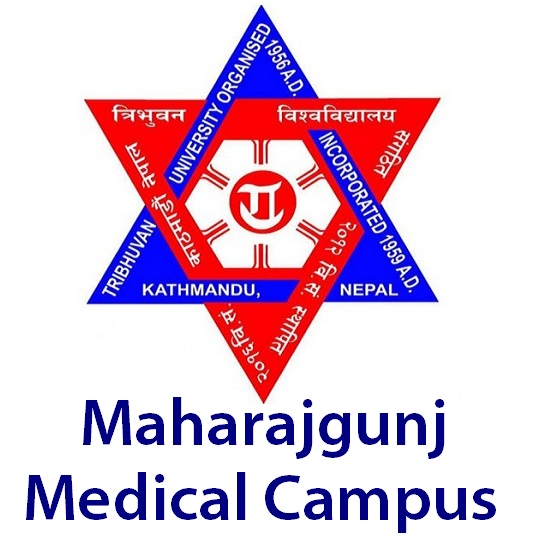Overview
MD Clinical Physiology at Nepalese Army Institute of Health Sciences (NAIHS) College of Medicine
MD Clinical Physiology at Nepalese Army Institute of Health Sciences (NAIHS) College of Medicine is a three-year postgraduate medical program run under the affiliation of the Institute of Medicine, Tribhuvan University (TU).
The college is located in Sanobharyang, Bhandarkhal, Kathmandu, and functions as a non-profit academic institution under the Nepali Army Welfare Fund. It offers undergraduate, postgraduate, DM/MCh and fellowship programs recognised by the Medical Education Commission (MEC), Nepal Medical Council (NMC) and Nepal Health Professional Council.
MD Clinical Physiology prepares you as a specialist in human body function, linking normal physiology with clinical practice, diagnostic procedures and medical education. At NAIHS, the course builds on a well-established Department of Physiology that has long experience in teaching MBBS and other health science students and maintains modern laboratories for teaching and research.
For many students who enjoy basic medical sciences but still want regular contact with clinical work and teaching, this program offers a focused path into academic medicine and functional diagnostics.
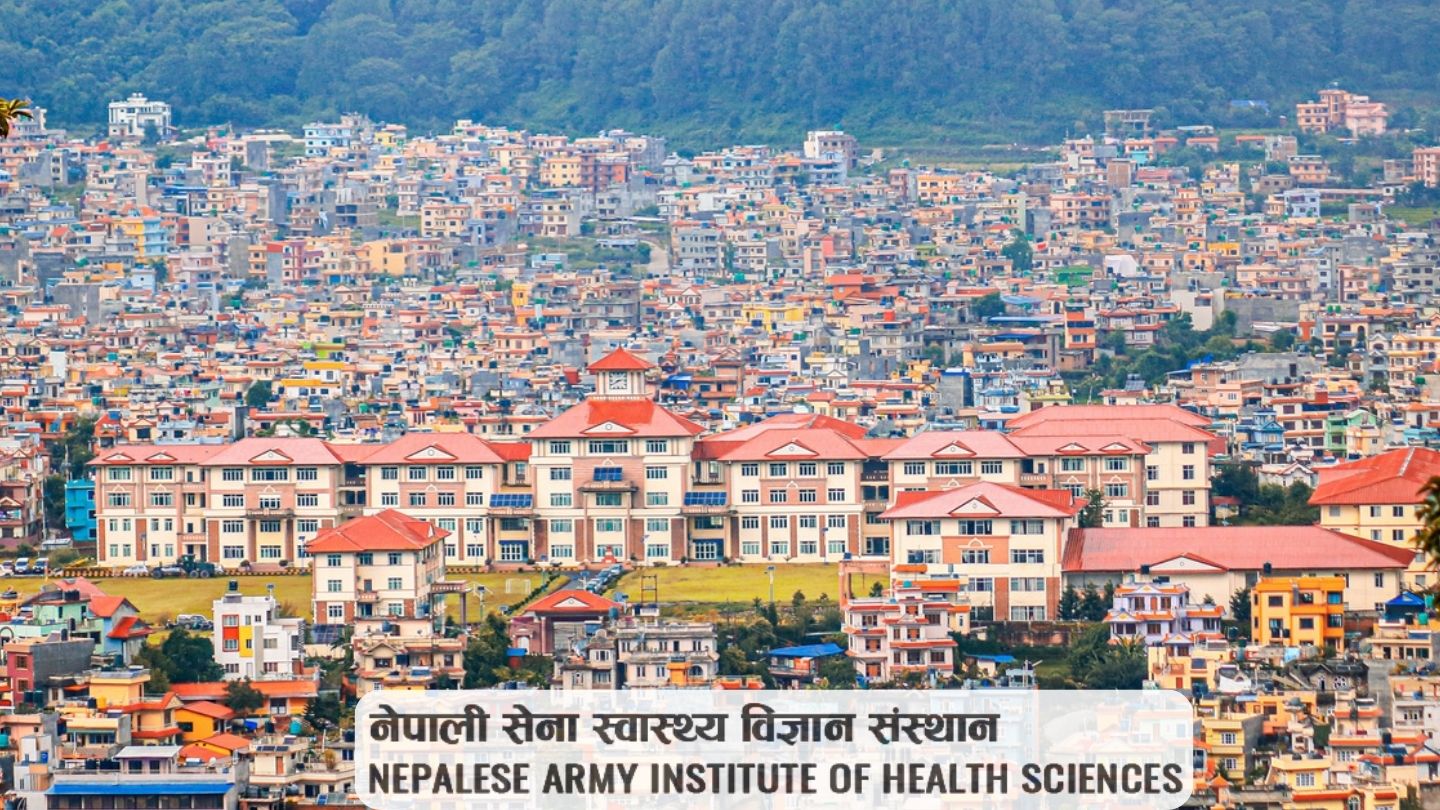
Highlights of MD Clinical Physiology at NAIHS
-
Degree: Doctor of Medicine (MD) in Clinical Physiology
-
Affiliation: Institute of Medicine, Tribhuvan University
-
Duration: 3 years, full-time residency format
-
Intake Capacity at NAIHS: 2 seats (as per recent institutional information)
-
Approximate Tuition Fee: NPR 1,085,870 (excluding university, council and other regulatory charges; subject to periodic revision as per institutional rules)
-
Teaching Hospital: Shree Birendra Hospital (SBH), a 635-bed tertiary-level hospital in Chhauni serving as the main clinical training site for NAIHS-COM.
-
Program Category: Postgraduate basic medical science specialty within the MEC postgraduate framework
Curriculum Details
The MD Clinical Physiology curriculum at NAIHS follows the Tribhuvan University–Institute of Medicine framework for MD/MS programs. The three-year structure gradually moves you from advanced theory towards applied laboratory skills, clinical testing and teaching responsibilities.
Key academic areas typically covered under MD Clinical Physiology include:
-
General and Cellular Physiology
-
Membrane potentials, ion channels, transport mechanisms
-
Neurohumoral regulation and homeostasis
-
-
Cardiovascular Physiology
-
Cardiac electrophysiology and hemodynamics
-
Blood pressure regulation, cardiac output, heart rate variability
-
Interpretation of ECG and advanced cardiovascular function tests
-
-
Respiratory Physiology
-
Mechanics of breathing, ventilation–perfusion relationships
-
Gas exchange and transport
-
Pulmonary function testing and interpretation
-
-
Renal and Fluid-Electrolyte Physiology
-
Glomerular filtration, tubular handling of solutes
-
Fluid balance, acid–base regulation
-
-
Neurophysiology
-
Sensory and motor systems, reflex pathways
-
Higher cortical functions and autonomic nervous system
-
Nerve conduction studies, electromyography (EMG), electroencephalography (EEG)
-
-
Endocrine and Reproductive Physiology
-
Hormone synthesis, secretion and action
-
Endocrine axes and feedback control
-
Clinical interpretation of dynamic endocrine tests (shared with relevant departments)
-
-
Gastrointestinal, Hepatic and Metabolic Physiology
-
Motility, secretion, digestion and absorption
-
Energy metabolism and nutrition-related physiology
-
-
Exercise, Environmental and High-Altitude Physiology
-
Adaptation to physical training, hypoxia and extreme environments
-
Special relevance in the Nepali context
-
Alongside system-based modules, the curriculum includes:
-
Applied statistics and research methods
-
Basics of medical education and assessment
-
Ethics in teaching, research and clinical testing
Departmental seminars, journal clubs and case discussions help you connect theory with real clinical problems.
Program Objectives
MD Clinical Physiology at NAIHS aims to:
-
Prepare academic physiologists capable of teaching physiology to MBBS, BPH, BSc MLT, BSc Nursing and other health science students.
-
Develop clinical physiologists who can plan, perform and interpret diagnostic physiological tests in cardiovascular, respiratory, neurophysiology and related laboratories.
-
Promote physician-scientists who participate in physiological and clinical research relevant to Nepal’s health needs.
-
Strengthen core faculty for undergraduate medical education, in line with national accreditation standards that require MBBS colleges to maintain MD-qualified physiology teachers.
-
Support ethical practice in diagnostic laboratories and academic departments, with attention to patient safety, informed consent and responsible reporting.
Scope and Relevance
Physiology is the foundation of all clinical disciplines, and postgraduate training in this field has direct impact on how future doctors understand disease mechanisms and choose treatment options.
In Nepal, accreditation standards for MBBS programs clearly state that a substantial proportion of physiology faculty must hold an MD in Physiology or an equivalent qualification. This requirement creates steady demand for MD Clinical Physiology graduates across government, army, private and university-affiliated medical colleges.
Beyond teaching posts, the growth of intensive care units, cardiology and neurology services, sleep laboratories and exercise testing facilities has increased the need for doctors who understand advanced physiological monitoring and diagnostic techniques. MD Clinical Physiology helps you build that expertise.
Learning Outcomes
After completing MD Clinical Physiology at NAIHS, students are expected to:
-
Knowledge and Understanding
-
Explain normal and altered function of major organ systems at molecular, cellular and systemic levels.
-
Relate physiological principles to common clinical conditions seen in medical, surgical and critical care practice.
-
-
Clinical and Laboratory Skills
-
Perform and interpret routine and advanced tests such as ECG, pulmonary function tests, nerve conduction studies, EMG, EEG, autonomic function tests and exercise tolerance tests.
-
Manage and maintain physiology and clinical neurophysiology laboratories in line with safety and quality standards.
-
-
Teaching and Communication
-
Prepare and deliver structured lectures, demonstrations and small-group sessions for undergraduate and paramedical students.
-
Guide students during practical classes, viva voce and formative assessments.
-
-
Research and Inquiry
-
Develop research questions relevant to physiology or clinical diagnostics.
-
Plan and conduct at least one thesis project using appropriate study designs and data analysis methods, as required in TU MD/MS programs.
-
-
Professional Attitudes
-
Demonstrate ethical conduct, respect for patient confidentiality and responsible reporting of test results.
-
Work effectively as part of interdisciplinary teams that include clinicians, nurses and allied health professionals.
-
Skill Development and Practical Exposure
NAIHS has a dedicated Department of Human Physiology that runs well-equipped laboratories and supports both teaching and research activities. MD residents build their skills through:
-
Laboratory-based learning
-
Hands-on performance of cardiovascular, respiratory and neurophysiology procedures
-
Calibration and basic maintenance of equipment such as spirometers, ECG machines, EMG/EEG systems and non-invasive monitors
-
-
Clinical Postings
-
Rotations through Shree Birendra Hospital units such as medicine, neurology, cardiology and intensive care, where physiological monitoring guides patient care
-
Collaboration with clinicians to interpret test results and correlate them with clinical findings
-
-
Teaching Skills
-
Conducting tutorials and demonstrations for MBBS and other undergraduate programs
-
Leading seminars and journal clubs under faculty supervision
-
These learning opportunities help you grow as a clinician-teacher who understands both theory and its application at the bedside.
Teaching Methodology and Assessment
Teaching and assessment in MD Clinical Physiology at TU-affiliated colleges, including NAIHS, generally involve multiple strategies to support gradual skill development:
-
Didactic Sessions
-
Advanced lectures on system-based topics
-
Integrated sessions with related departments (medicine, cardiology, neurology, anaesthesiology, etc.)
-
-
Small-Group and Interactive Methods
-
Tutorials, demonstrations and case-based discussions
-
Journal clubs focusing on recent research in physiology and clinical diagnostics
-
-
Practical and Clinical Exercises
-
Routine physiology practicals upgraded to postgraduate level
-
Clinical physiology lab postings and supervised reporting
-
-
Formative Assessments
-
Periodic written tests, viva voce, practical exams
-
Evaluation of seminar presentations and teaching sessions
-
-
Summative Assessments
-
University examinations at the end of the program as per TU-IoM regulations
-
Thesis submission and defense
-
Admission Requirements
Admission to MD Clinical Physiology at NAIHS follows the national framework set by the Medical Education Commission for postgraduate medical programs.
In general, applicants must:
-
Hold an MBBS or equivalent degree from an institution recognised by the Government of Nepal.
-
Be registered with the Nepal Medical Council (NMC) or with the relevant medical council in their own country for foreign candidates.
-
Have one year of clinical experience; this requirement is waived for MD/MS programs in basic medical sciences under current MEC rules, which includes MD Clinical Physiology.
-
Qualify in the MECEE-PG (Medical Education Commission Postgraduate Entrance Examination) with at least 50% marks to be included in the merit list.
Seat allocation at NAIHS follows MEC seat distribution and the institution’s quota policy, which reserves places for children of serving and retired army personnel alongside open and other categories. Applicants should always refer to the latest MEC notices and NAIHS admission announcements for current rules, quotas and documentation requirements.
Career Opportunities
After MD Clinical Physiology from NAIHS, students generally pursue one or more of the following paths:
-
Academic Positions
-
Lecturer or assistant professor in physiology departments of medical, dental, nursing and allied health colleges
-
Leadership roles in curriculum development and assessment
-
-
Clinical Physiology Services
-
Specialist roles in ECG, pulmonary function, neurophysiology, exercise testing and autonomic labs in tertiary hospitals
-
Collaboration with cardiology, neurology, pulmonology, intensive care and rehabilitation services
-
-
Research and Higher Studies
-
Participation in clinical and basic research projects in physiology, cardiovascular science, neuroscience and related areas
-
Progression to PhD programs or international fellowships in physiology or clinical neurophysiology
-
-
Health System and Regulatory Roles
-
Contribution to accreditation, examination boards and faculty development initiatives in medical education
-
The exact pathway depends on your interests, performance and available opportunities, but the qualification meets the specialist training standard required for physiology posts in Nepal.
Scholarships and Financial Aid
NAIHS functions as a not-for-profit initiative of the Nepali Army Welfare Fund and maintains a fixed quota system intended to keep medical education accessible and more affordable for army families and other eligible groups.
Support options that can link to MD Clinical Physiology include:
-
Army Welfare Quotas: Subsidised fees or reserved seats for dependents of regular, retired, disabled or deceased army personnel as per institutional policy.
-
MEC Scholarship Seats: MEC allocates a proportion of postgraduate seats in Nepal for scholarship candidates based on national merit lists. These rules also apply to basic medical science programs.
-
Institutional Support and Leave Arrangements: For in-service army doctors, study leave and salary continuity may be handled according to Nepali Army regulations.
Prospective students should check the latest NAIHS prospectus and MEC notices before applying, as scholarship rules and financial policies can change.
Why Choose MD Clinical Physiology at NAIHS?
-
Strong Institutional Framework
-
TU-IoM affiliation and recognition by MEC, NMC and Nepal Health Professional Council support the academic credibility of your degree.
-
-
Established Physiology Department
-
Existing infrastructure and experienced faculty in human physiology provide a platform for postgraduate training and research.
-
-
Integrated Clinical Exposure
-
Shree Birendra Hospital offers wards, ICUs and specialty services where you can see how physiological monitoring guides clinical decisions.
-
-
Small Intake and Close Supervision
-
Two seats per batch encourage close mentoring and personalised academic support during the three-year program.
-
-
Balanced Profile for Teaching, Clinical and Research Careers
-
The curriculum prepares you for teaching roles, laboratory-based services and further research, giving flexibility for long-term career planning.
-
For students who enjoy explaining concepts, working with instruments and linking physiology to real patients, MD Clinical Physiology at NAIHS offers a focused and academically solid path.
Frequently Asked Questions (FAQ)
1. What is the duration of MD Clinical Physiology at NAIHS?
The program runs for three years in a residency format under Tribhuvan University–Institute of Medicine.
2. What entrance exam do I need to pass?
You must qualify in the national MECEE-PG entrance examination conducted by the Medical Education Commission and secure at least 50% marks to be in the merit list.
3. Who is an ideal candidate for this course?
The program suits MBBS graduates who enjoy physiology, prefer academic discussion and laboratory work, and wish to combine teaching with clinically relevant diagnostic services.
4. Does MD Clinical Physiology involve direct patient care?
You will interact with patients during diagnostic procedures and clinical postings, but the main focus remains on functional testing, interpretation, teaching and research rather than primary clinical decision-making.
5. Can I work as faculty in a medical college after graduation?
Yes. MD Clinical Physiology fulfils the specialist qualification required for physiology faculty posts in MBBS and other health science programs in Nepal, subject to institutional recruitment rules.
6. Is this qualification recognised outside Nepal?
Recognition abroad depends on the regulations of the target country. Many graduates pursue further fellowships, research or examinations (such as USMLE or PLAB) based on their MBBS plus MD, but you should check each country’s medical council separately.


